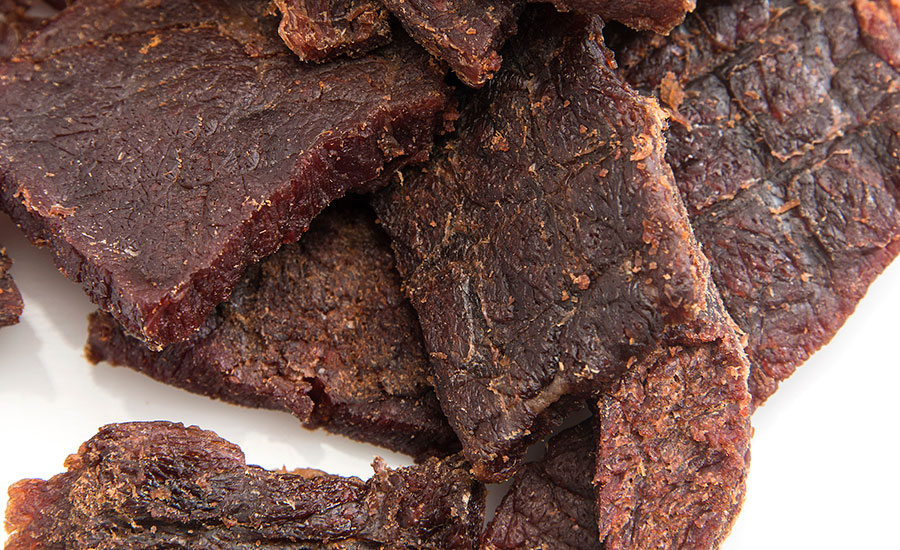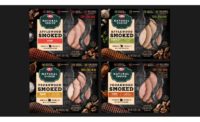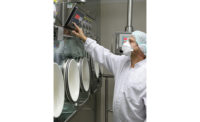Guest Commentary
Flexible: The new package of choice
The growth of pouches and bags has form/fill/seal machinery growth outpacing the rest of the industry.

Pouches and bags have long held a significant market share for products such as pet foods and cereals, but now flexible packaging is becoming increasingly common in other segments of food and even beverages.
The market for flexible packaging continues to increase at the expense of rigid packaging, directly driving growth in the form/fill/seal (FFS) machinery category, according to the 2015 State of the Industry report from PMMI, the Association for Packaging and Processing.
While the research notes a series of advantages with pouches and bags, the most significant are the lower cost, lighter weight and less material utilization, with the latter two resulting in lower transportation and material costs. Also, with flexible packaging, the design of the package is printed directly onto the pouch, meaning there is no need for additional labels.
But beyond purely a cost standpoint, pouches have become more attractive for the ability to be designed into a range of shapes and sizes. The design and look of these pouches are also being leveraged as end users seek other ways to have their product stand out from the competition on the shelf.
For the FFS machinery sector, the food industry traditionally has the greatest influence. Pouches and bags have long held a significant market share for products such as pet foods and cereals, but now flexible packaging is becoming increasingly common in other segments of food and even beverages.
The value of U.S. shipments of FFS machinery, worth $550 million in 2014, is forecast to grow at a compound annual growth rate (CAGR) of 3.5 percent to $653 million in 2019. According to the study, this positions the FFS machinery group as the fastest growing of the 10 consolidated machinery groups surveyed through 2019. FFS is also boosted by the continued replacement of single-function forming, closing and filling machines.
The benefits of this type of multi-format machine, which is capable of conducting multiple operations, are numerous and include:
- Reduced footprint
- Reduced integration, maintenance and operational costs
- Cost savings (compared with purchasing multiple standalone devices)
- High throughput
One of the barriers that made FFS machines unattainable for small business was cost. The average selling price of these machines is generally accepted as the highest of all machinery groups. Historically, this has meant they were primarily purchased by large corporations that could afford the high upfront capital cost; however, innovations by original equipment manufacturers (OEM) now offer solutions suitable for smaller businesses.
With the door to FFS equipment now open to companies of all sizes, one ideal place to explore the latest technologies and innovations is PACK EXPO International and Pharma EXPO (Nov. 6-9; McCormick Place, Chicago). A simple search on www.packexpo.com reveals that of the show’s 2,300-plus exhibitors, hundreds will offer FFS technologies in their booths. NP
Looking for a reprint of this article?
From high-res PDFs to custom plaques, order your copy today!





